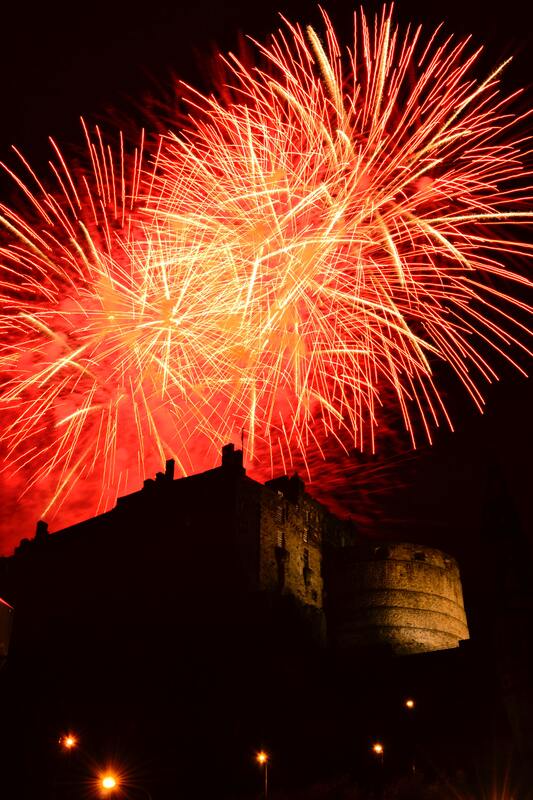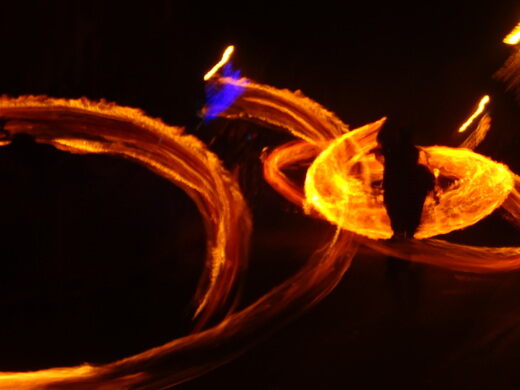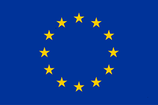|
As we say goodbye to 2021 and look forward to 2022, I want to reach out to wish everyone on the iPlacenta consortium and friends who have supported a Happy Hogmanay and wishing you a prosperous 2022. Hogmanay is about passion and revelry, celebrated by the Scots at new year, and I am biased but it is one of the greatest celebrations in the world. With Edinburgh fireworks over the historic rock-perched Castle. To less well known traditions like the fierce swinging of flaming balls in east coast town of Stonehaven. Other traditions are no longer practiced such as the seemingly violent stick beating of boys wrapped in animal hinds as they run through the village*. Whilst more hospitable traditions remain such as ‘first footing’ - involving a dark-haired male bringing symbolic gifts of coal, shortbread or a wee dram of whisky to ensure good luck to the household. Hogmanay has been influenced from different nationalities, it had pagan routes and many of these traditions likes the torch like procession were adopted from the Viking days. The word Hogmanay has its origins from the French term ‘hoginane’ meaning ‘gala day’, which may have adopted by Mary Queen of Scots after returning from France*. As we all celebrate Hogmanay tonight let us raise a glass - a wee dram for me- to the iPlacenta ESRs and PIs. All of the iPlacenta ESRs moved to a new country to work with passion and revelry in their new labs, adopting the local traditions. As we start to wish them good luck on their new adventures, the mobility enforced by Marie Curie ITNs will result in some of their traditions being adopted by the host lab. As we bid 2021 farewell it soon will be time to do the same to iPlacenta. The Marie Curie ITN was due to finish on 31st of December 2021 -but thankfully has been extended by 5 months- it is only apt to finally mention the midnight tradition of Hogmanay- singing of Robert Burns’ ‘Auld Lang Syne’ after the bells. A folk song reminiscing of the past, we too can remember the 4-years of iPlacenta days gone by, collaborations and friends made. But let us also look forward to 2022, like 'first footing' a bounty of gifts will arrive on our doorstep - papers accepted, thesis defended, and collaborations maintained. ‘We’ll take a cup o kindness yet, for auld lang syne’. Happy Hogmanay iPlacenta and friends. Author Colin Murdoch Leave a Reply. |
About the blogBeing a PhD student in a European training network is a life-changing adventure. Moving to a new country, carrying out a research project, facing scientific (and cultural) challenges, travelling around Europe and beyond… Those 3 years certainly do bring their part of new - sometimes frightening - but always enriching experiences. Categories
All
Archives
December 2021
|




 RSS Feed
RSS Feed 
31/12/2021
0 Comments